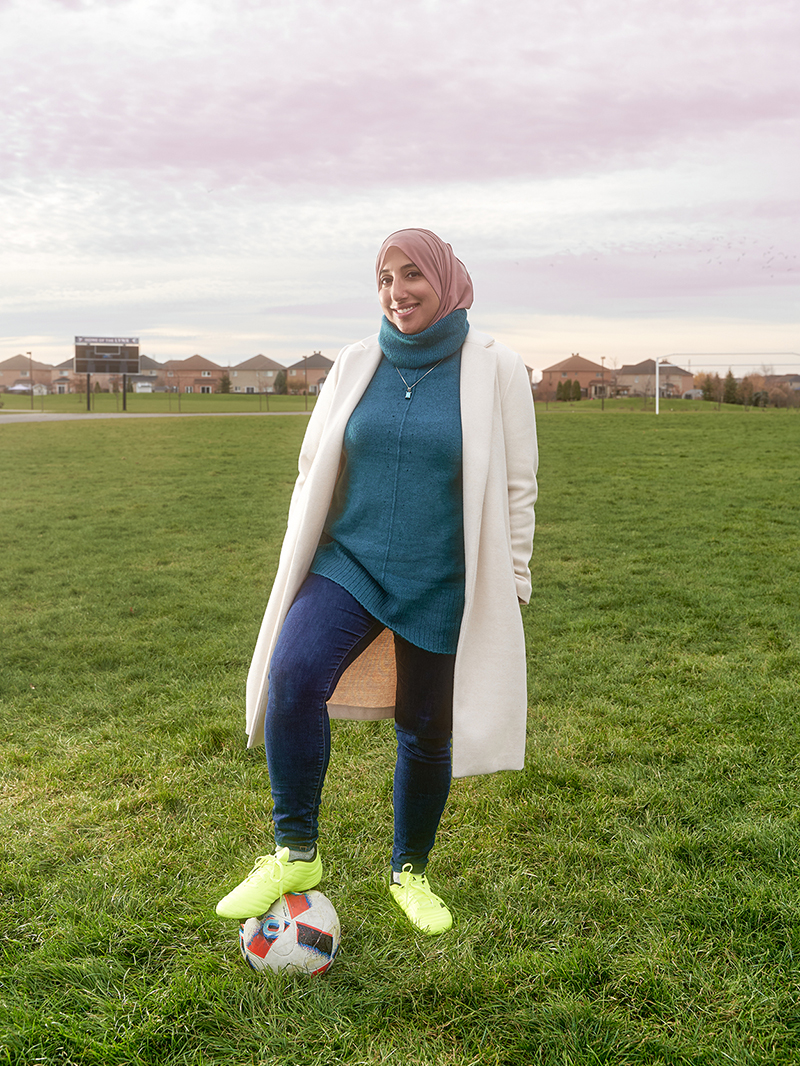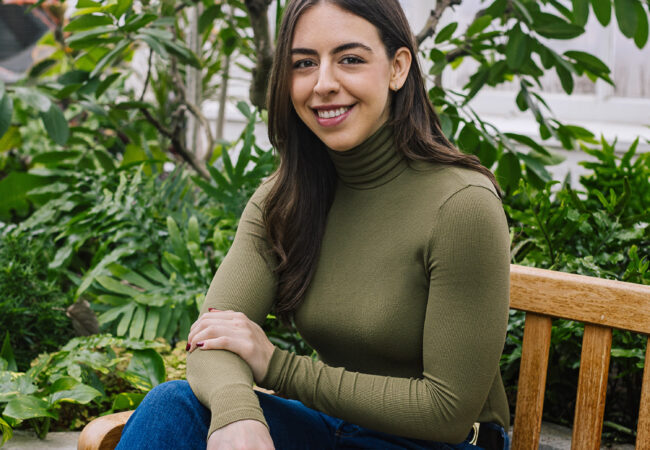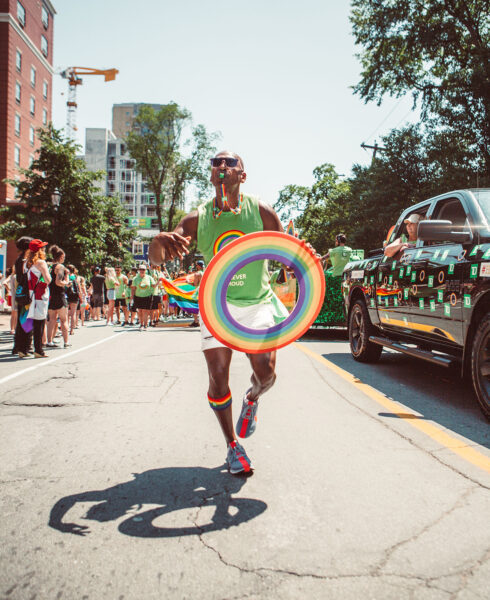Shireen Ahmed is fighting for an equal playing field in sport. She’s doing so not from the pitch itself—but from the sidelines.
Ahmed, 44, is a Muslim woman and sports journalist, and in a sea of predominantly white men in her field, it’s far more than her race and gender that sets the Hijab-wearing mother of four apart. The writer, TEDx speaker, award-winning activist—and new RTA Media Production grad ’21 and School of Journalism instructor—has been giving a voice to marginalized members of the sports community.
From advocating for equal pay for female athletes to supporting Norwegian handball players in their fight against wearing bikini bottoms (“Muslim women have been shouting about this for years,” she points out), to fighting against discrimination of racialized groups, the Nova Scotia native has been standing up to tell the stories that, for far too long, haven’t been told.
Praising sport as one of the most powerful tools of change, Ahmed says, “Some of the most impactful conversations about racial injustice and gender inequality have been through the medium of sport.”
It was in 1998 while playing varsity soccer that Ahmed first realized her passion for sport.
But when she told her coach she had decided to begin wearing a headscarf, she was eliminated from the team. “Not because there was a rule that said you couldn’t, but there wasn’t a rule that said you could. And therein was the problem,” she said. It wasn’t long after that her advocacy work in sport began. And telling stories became her most powerful tool.
From TSN to The Guardian, Sports Illustrated and espn, to Huffington Post, Vice Sports, The Globe and Mail, CBC and many more, Ahmed’s voice is being heard more and more. And not just in the news. In September 2021, Ahmed returned to the classroom—this time, to teach. “I don’t think there’s a better journalism school or sports media department in the country,” she said. “The uncomfortable conversations that are happening here, that need to happen—I don’t think others (schools) are having them yet.”
Already, Ahmed is making an impact—calling for 50 per cent of the syllabus to feature BIPOC writers.
“It’s not about getting my voice heard. My mission is larger. I want many people to be heard and I refuse to believe there’s not enough room at the table,” she said.





